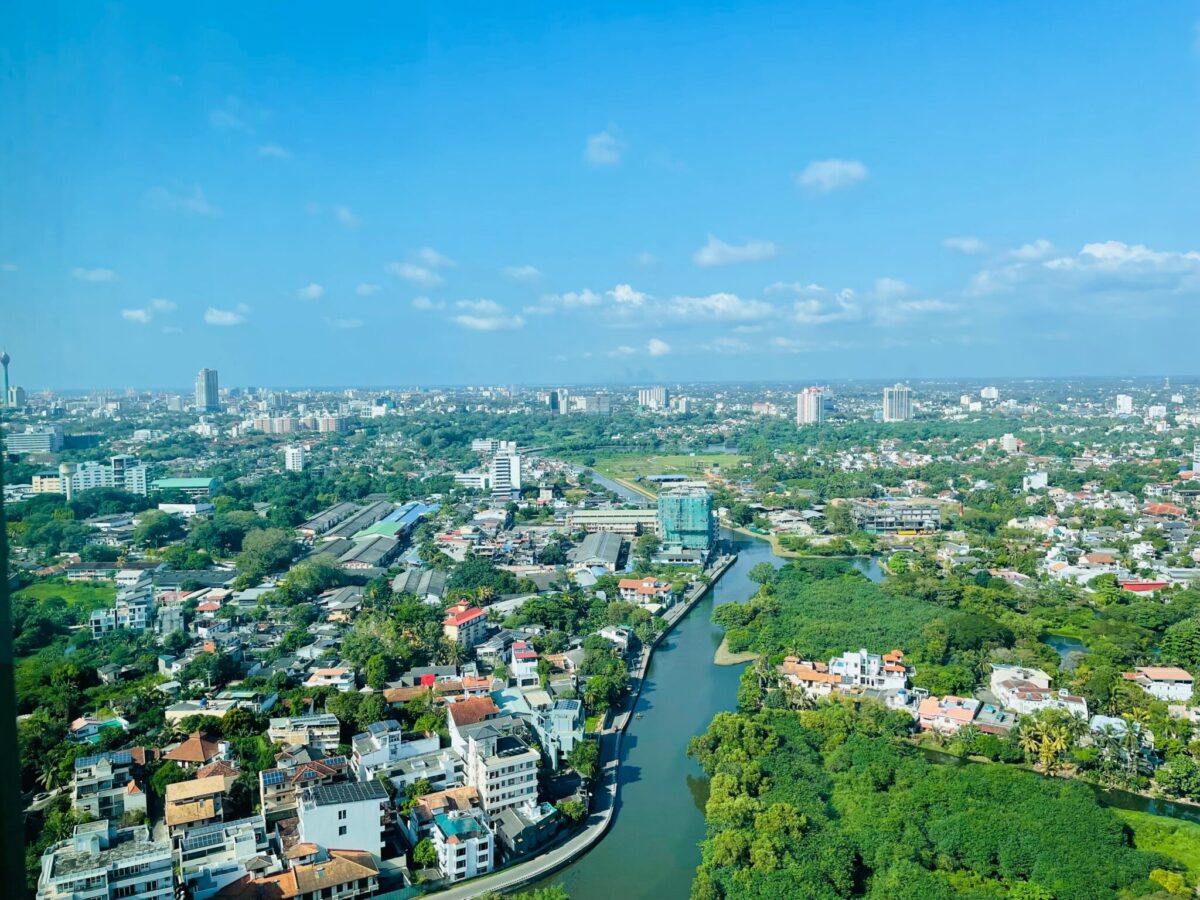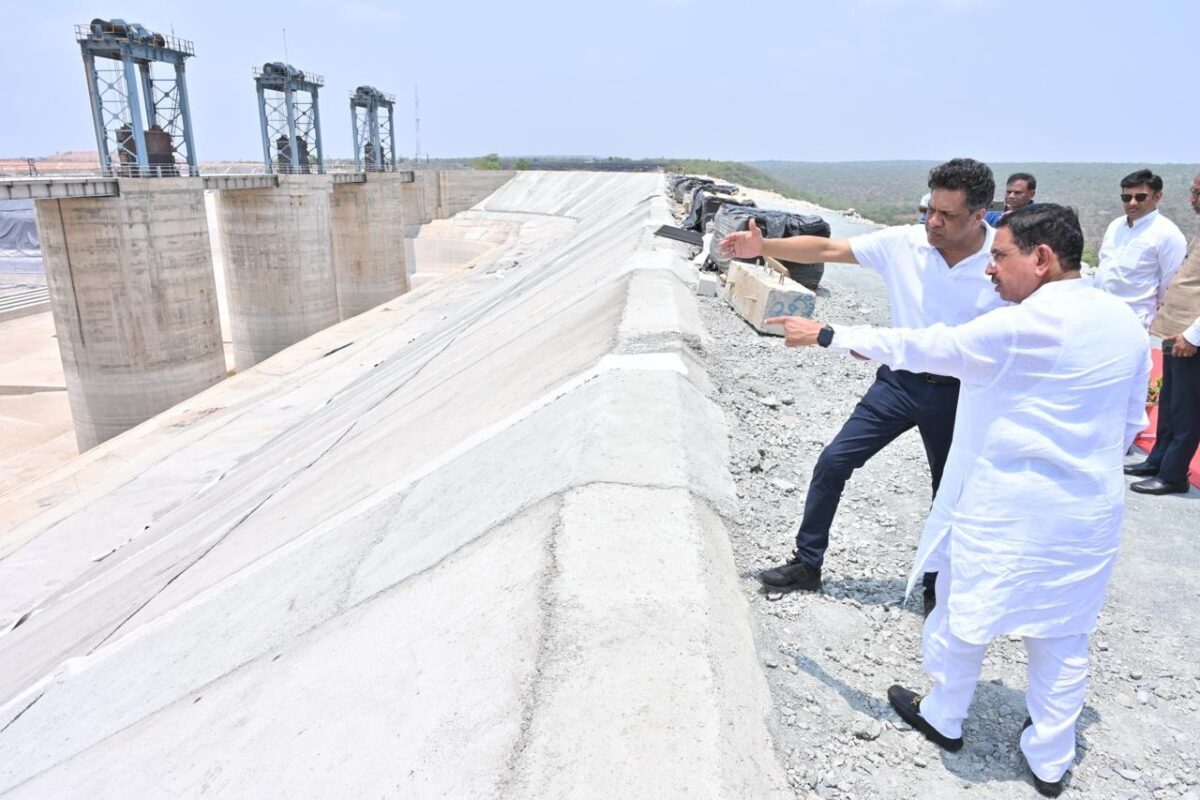From pv magazine Global
The Sri Lankan government’s Ministry of Power and Energy said last week that it is inviting applicants to submit their “least cost basis” proposals for the country’s first photovoltaic auction.
According to tender documents, the government-owned Ceylon Electricity Board (CEB) is welcoming bids to develop two 100 MW floating solar plants on the surface of Samanalawewa Reservoir, located 160 km south of the country’s capital of Colombo.
The Samanalawewa Power Station is one of five power plant assets owned by CEB. In 2021, the hydroelectric facility recorded 120 MW installed capacity and generated 405.19 GWh, according to a CEB annual report.
The aim of these twin PV facilities is to “leverage” the reservoir’s existing hydroelectric energy generation capabilities by “complementing” it through daytime solar energy production, the tender documents said. Successful bidders will be awarded 20-year power purchase agreements and are expected to connect “early” to the electricity grid.
“Experienced and qualified firms” must only submit one proposal for 100 MW capacity. Proposals must include details about the power plant as well as grid interconnection, such as transmission lines and substations. The deadline for applications is Dec. 13 2023.
Last month the Sri Lankan government announced it was inviting applicants to submit their proposals for the development of three ground-mounted or floating PV projects ranging from 1 MW to 5 MW.
Sri Lanka recorded 714 MW installed solar PV capacity at the end of 2022, according to the most recent data published by the International Renewable Energy Agency (IRENA).
This content is protected by copyright and may not be reused. If you want to cooperate with us and would like to reuse some of our content, please contact: editors@pv-magazine.com.








By submitting this form you agree to pv magazine using your data for the purposes of publishing your comment.
Your personal data will only be disclosed or otherwise transmitted to third parties for the purposes of spam filtering or if this is necessary for technical maintenance of the website. Any other transfer to third parties will not take place unless this is justified on the basis of applicable data protection regulations or if pv magazine is legally obliged to do so.
You may revoke this consent at any time with effect for the future, in which case your personal data will be deleted immediately. Otherwise, your data will be deleted if pv magazine has processed your request or the purpose of data storage is fulfilled.
Further information on data privacy can be found in our Data Protection Policy.